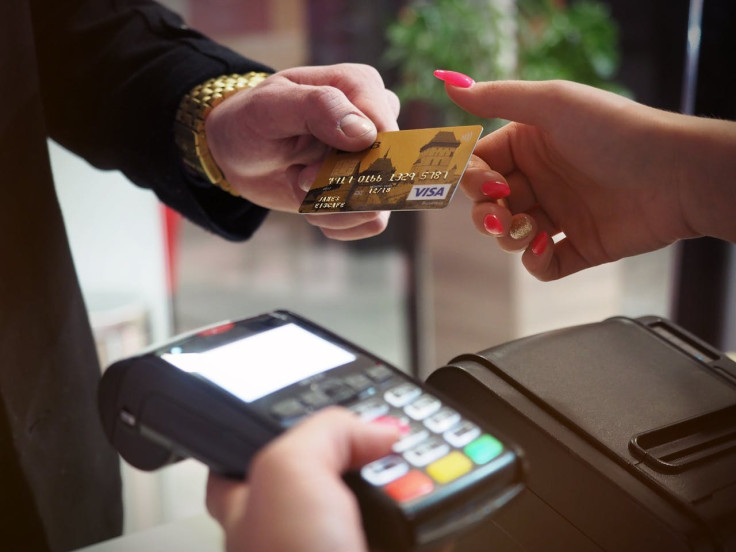Del Monte Sells $395 Luxury Pineapple While Americans Struggle From Credit Card Debt To Buy Groceries
Experts urge policy changes and personal strategies to combat food insecurity

Fresh Del Monte Produce Inc. doesn't just offer an impressive array of canned fruits and veggies but now has a rare pineapple with a shocking price tag: $395.99. This new product comes as many Americans struggle to afford groceries, some even going into debt to put food on the table.
The Rubyglow pineapple, cultivated for its eye-catching red exterior and intense sweetness, costs $395.99 at Melissa's Produce, a California-based seller of speciality fruits and vegetables. Del Monte spent over a decade developing this ruby-red fruit, with a small batch debuting in China earlier this year.
Now, Del Monte is testing the waters for its rare Rubyglow pineapple in the US, with Melissa offering it at an eye-watering price. The company claims there's a niche market for luxury fruits and stands firm on its decision to bring its Costa Rican-grown Rubyglow pineapple stateside.
"Consumers are willing to pay for something special," said Cindy van Rijswick, fresh produce strategist for Rabobank's global research team. When it comes to speciality produce, "there's always a small market for higher-end restaurants, or foodies, or certain online channels," she said.
But are Americans willing to pay $395.99 for a pineapple, though? The timing couldn't seem worse. The cost of groceries is skyrocketing, making it a real challenge for people to afford even the basic necessities, let alone a luxury fruit like the Rubyglow pineapple.
Soaring Grocery Bills Strain Household Budgets
Since 2021, rising food costs have squeezed household budgets, forcing some to turn to credit cards and take advantage of buy now, pay later programs or even payday loans for groceries.
New research from the Urban Institute reveals a troubling trend: In 2023, many families, especially those facing food insecurity, were forced to rely on credit and savings to afford groceries. This raises concerns about their future ability to meet other basic needs.
However, these short-term solutions can come at a long-term cost. Credit cards and loans provide temporary relief but can quickly lead to financial instability, further jeopardising a family's ability to afford necessities.

"The rate of price increases is slowing, but households are still paying more today for groceries than last year," said Kassandra Martinchek, senior research associate at the Urban Institute.
Martinchek believes this situation forces many to dip into savings or rely on credit cards, sources outside their regular income, to meet their basic food needs.
Martinchek further emphasises the seriousness of the situation by highlighting that these challenges extend beyond the most disadvantaged. Many families, even those previously stable, struggle to afford groceries.
Expired Aid And Inflation Led To Higher Grocery Bills
Soaring food prices since 2021 and expiring pandemic aid, such as increased SNAP benefits, have squeezed household budgets. Many are using credit cards to cope, which can be risky if not paid off in full.
According to the Urban Institute, credit card interest rates hit 22.8 per cent in 2023. National Foundation for Credit Counseling's Bruce McClary warns that easy access to credit can be a deceptive trap. He says an unused credit limit can seem like a lifeline but quickly becomes a burden.
Reportedly, 7.1 per cent of users need help managing the minimum payment. Urban Institute research reveals a troubling trend: households struggling with food insecurity are more likely to rely on payday loans, buy now, pay later options, or deplete savings to meet basic needs.
Buy Now, Pay Later services, which are increasingly popular for groceries, pose a risk as 37% of users miss payments. This burden falls primarily on those already struggling with food insecurity. Despite this, companies like Apple continue to offer their scheme in the BNPL market.
To address this, the Urban Institute suggests policy changes like increased SNAP benefits and expanded financial aid to combat rising food insecurity and debt reliance. Individuals can also help themselves: using cash for groceries restricts spending, and free credit counselling from nonprofits can guide those struggling with debt.
"If you can't do it yourself, somebody's there to help," McClary said.
© Copyright IBTimes 2025. All rights reserved.






















